The Role of Clinical Lab Scientist in Healthcare Industry 2024
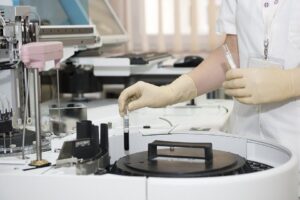
The healthcare industry is one of the driving forces behind the nation’s economy. The United States spent a massive $3.5 trillion on health services in 2018. These expenditures will keep increasing as our national healthcare system needs to become more sophisticated.
When a layperson thinks of healthcare management, he imagines a doctor or a nurse. Many individuals are working off-screen for the progress of medical science in clinical laboratories. These clinical lab researchers perform essential services to the healthcare industry, vital for its development. Though they don’t provide on-patient care, their diligence gets directed towards behind-the-scenes medical research.
Responsibilities of a CLS
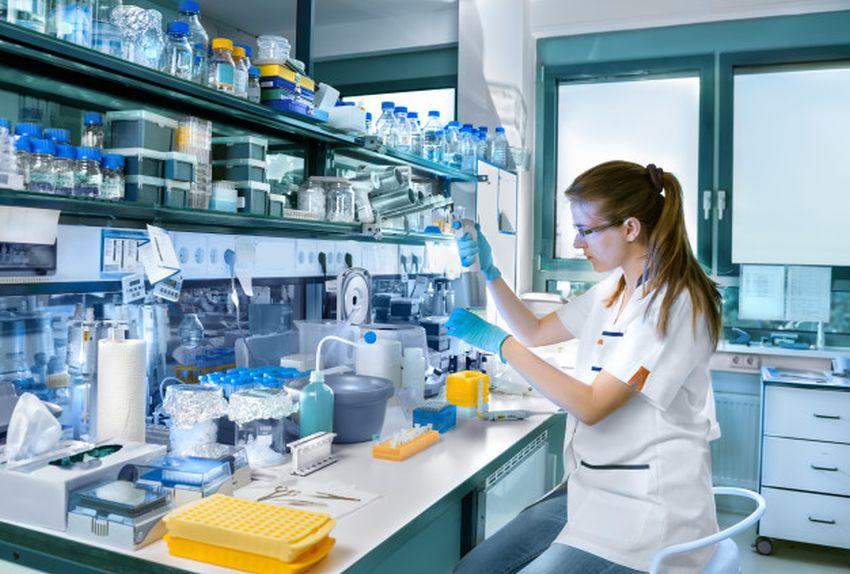
img source: freepik.com
People used the terms clinical and medical laboratory scientist, interchangeably. When the physician takes your blood sample, a CLS performs various medical operations over it. He/she will analyze it in the clinical laboratory and report the result back to the doctor. So, the picture of a scientist bending over a microscope looking at microorganisms is that of a CLS. These lab tests guide the doctors to make executive decisions regarding your healthcare. A CLS is responsible for:
- Laboratory tests and analyses
- Calibration and maintenance of lab equipment
- Patient diagnosis and treatment
- Recording and maintaining medical logs/records
- Monitoring and prevention of diseases
The motivation for becoming a CLS
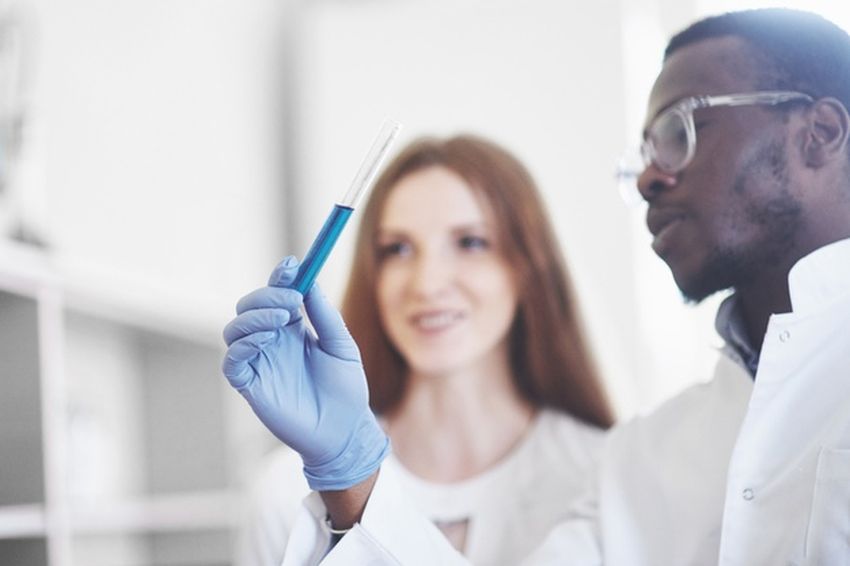
We know what would be expected of you if you decided to become a CLS. But why should one pursue a career in clinical laboratory science? There are many reasons to motivate a person to study medical laboratory science. It’s a vital sector in our healthcare industry. It’s an adventurous career (finding cure to dangerous ailments is risky!). You can work for a well-founded organization such as Primex Labs and follow its research. If these reasons aren’t enough, let’s find you some more incentives:
- This profession offers you good income opportunities. Some states even provide $60-80 thousand annually to laboratory scientists.
- The occupation of CLS allows you to work in the company of many learned scientists. This work proximity and research collaboration let you specialize in desired fields.
- There are multitudes of institutions and establishments where you acquire a respectable position. You can find employment at clinics, ERs, forensic labs, blood donation or transplant centers, and many other organizations.
- It’s not what one can call the job for the faint of heart. A scientist has to deal with different sorts of body fluids, so he/she needs to be calmed and focused. This position helps a person become balanced in mind and organized in manners.
- You can contribute heavily to the healthcare industry with your clinical expertise. As a CLS, your research and findings will influence the medical treatment of many patients. Therefore, let’s talk about what role a CLS plays in the vocation of healthcare.
Role of CLS in the healthcare industry
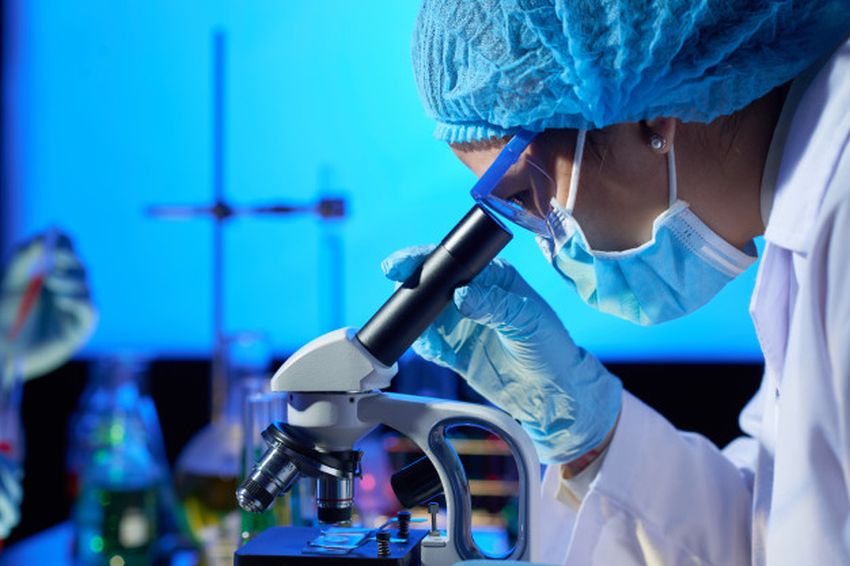
img source: freepik.com
CLS/MLS fills a much-needed position in the healthcare industry. The expertise and professionalism of a laboratory scientist drive the medical services forward. The ACLA calls clinical lab testing the secret of improving healthcare quality, containing long-term health costs. In its President’s words, clinical lab professionals play an increasingly important role in today’s healthcare system. Let’s see precisely how CLS furthers the progress of healthcare services in America:
Saves money, saves lives: The ACLA found in its studies that lab testings can save thousands of dollars on a single patient’s treatment. They presented the example of diabetes, which affects millions of Americans. Our national healthcare system will spend half a trillion dollars by 2025 on its treatment and prevention. With the help of clinical lab tests and early diagnosis, a patient costs less to be treated. The ACLA revealed that regular lab testing saved more than $70,000 on one patient.
Contributes to medical decisions: We’ve talked about how most medical choices depend on the work done by a CLS. A doctor won’t perform the necessary laboratory experiments on fluid body samples. It’s the job of a medical laboratory scientist to:
- Check sugar or cholesterol, or hemoglobin level in the patient’s blood.
- Checks blood sample for anemia (lack of healthy RBCs)
- Checks for signs of kidney failure by measuring urine albumin-to-creatinine ratio (UACR)
- Checks for contagious bacteria
- Examines fluid samples in DUI and hit-and-run cases
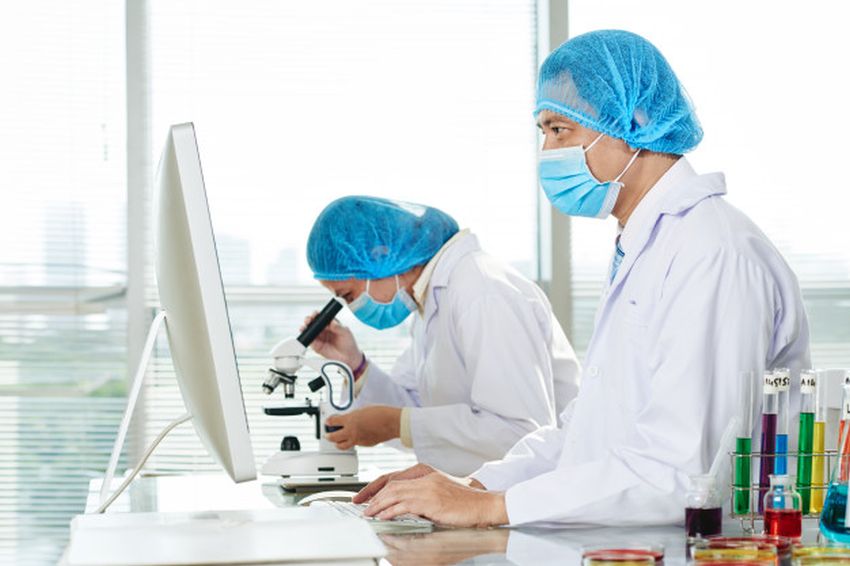
img source: freepik.com
Supervision of technicians and assistants: A medical/clinical scientist works with clinical laboratory staff. This staff comprises other scientists, lab technicians, and lab assistants. Therefore, a scientist is also responsible for supervising assistants and technicians. The job responsibilities of a clinical lab technician involve routine lab testing. Clinical lab assistants prepare specimens for scientists to analyze. A scientist receives assistance from them while creating medical logs/records.
Careers for specialization: Many fields of chemical and biological science require the services of a CLS professional. We’ve explained how different medical institutions offer career opportunities to clinical lab scientists. But we’ve yet to elaborate precisely which fields of study a CLS can adopt:
- Toxicology: This branch of science deals with poisons and potentially toxic substances.
- Immunology: This field of study focuses on the human immune system, its strength, and the causes of its failure.
- Microbiology: As the name suggests, this field deals with the study of microorganisms. These living creatures are invisible to the naked eye, such as viruses and bacteria.
- Hematology: This is the study of blood, blood-producing organs, and blood disorders.
- Pathology: This branch of science has close connections with the CLS profession. Pathologists study the causes, nature, and effects of different diseases.
- Transfusion medicine: It deals with blood donation and transfusion.
- Molecular diagnostics: This is the study of proteins such as DNA and RNA. This science deals with genetic material peculiar to each individual.

img source: freepik.com
Diverse career opportunities: Specialization opportunities was the first portion of a wide career range in the CLS profession. The second portion involves the diversity of careers for a clinical laboratory scientist, and there are different career pathways for a CLS. These careers range from research and private counseling to education and healthcare administration. Then we have government agencies and medical facilities that require the expertise of a CLS professional.
Conclusion
Unfortunately, the field of CLS/MLS is underestimated and underappreciated in the world. Many students are unaware of its numerous merits and the benefits it offers to fresh employees. One can name many diseases that were made less terrible by the vaccines discovered by laboratory scientists. The coronavirus pandemic has once again reminded everyone how vital CLS professionals are to the world. Thereby, medical lab scientists maximize the effectiveness of healthcare services.
